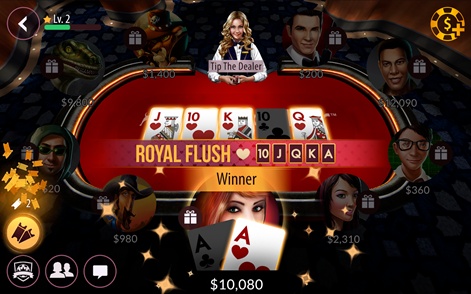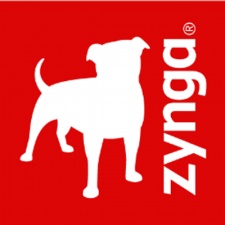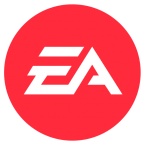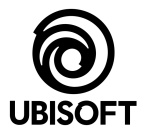Zynga-owned NaturalMotion is a sponsor at Pocket Gamer Connects London 2019, which takes place on January 21st to 22nd. Visit the PGC website for more details on the event.
In surprise news last month, Bloomberg reported that mobile games developer Zynga has become an acquisition target of other developers.
According to “people familiar with the matter”, preliminary approaches had been made, though there had not yet to be any formal discussions on a takeover.
No company names were revealed by the sources. But who would want to buy Zynga and what would they be getting?
Why Zynga and why now?
First, we’ll take a look at what a company would be getting if they bought the San Francisco-based developer.
For starters, any potential suitor would also be picking up NaturalMotion and Gram Games.
The former, acquired for $527m back in 2014, develops the lucrative CSR Racing series of games, which includes the highly successful CSR Racing 2. The IP is reported to have represented 15 per cent of online game revenue (total $168m) in Q3 2018, according to company financials.
The UK company also made the not-so successful Dawn of Titans and is known to be at work on other projects such as a new Star Wars mobile game.
On top of that, NaturalMotion has its own technology in Euphoria and Morpheme, powerful animation tools that have been used for games across platforms, including notably in GTA IV.
It should be noted that NaturalMotion closed its Oxford office in 2017 however and halted the licensing of its middleware to third-party developers. It’s not clear what the state of this technology is as of 2018.
With Gram Games meanwhile, Zynga has bought a successful developer with offices in Turkey and the UK. While it previously developed hyper-casual titles - one of the hottest areas in mobile right now - Gram in fact has no more plans to develop such titles.
Instead, it’s focusing on its recent big in-app purchase-driven hit Merge Dragons - a key reason for Zynga’s big $250 million deal for the company. CEO Frank Gibeau said it could become one of the firm’s “forever franchises”, the core IP that the developer is focused on across its studios.
Other recent acquisitions by Zynga over recent years include the purchase of the Harpan Solitaire games for $42.5 million and Peak Games’ card games portfolio (which included Gin Rummy, Spades and Whist), for $100 million.
It’s not all about acquisitions of course, Zynga has plenty of its own IP.
Strong portfolio
The Words With Friends franchise, which now includes WWF 2, continues to be hugely popular and mobile revenue grew 42 per cent for the IP in Q3 2018 year-on-year. It’s also a key driver of the publisher’s advertising revenue, up 45 per cent year-on-year.
On top of this, Zynga has well-known IP from its Facebook heyday such as FarmVille (which its Helsinki studio is now working on), CityVille (also in development for mobile) and Mafia Wars. It’s yet to replicate that kind of success for these titles on mobile to date, and even canned a new version of the latter during soft launch.
Perhaps its biggest business is in its social casino titles. Zynga Poker is the standout, representing 20 per cent of online game revenue in Q3.
The company’s slots titles, which include Wizard of Oz Slots and Hit it Rich! Slots, took 25 per cent of online game revenue.
Right now, any suitor would be getting a company that’s half in the social casino market and half in the mobile games space.
Zynga is also now handling some top licences with the potential to make money: including Harry Potter, Star Wars and Game of Thrones, not to mention the recently launched match-three Wonka’s World of Candy.

Aside from its games, a buyer would be getting a company that, while based in expensive cities like San Francisco and London, owns its office in the former (which it bought for $228 million in 2012).
To speculate, Zynga is also still likely sitting on hundreds of millions of dollars it has from its Facebook highs, despite years of company losses and recent expensive acquisitions.
Recently Zynga has turned around its finances, finally turning a profit in recent quarters under the stewardship of Gibeau (it was previously led by founder Mark Pincus, former Xbox head Don Mattrick, and then Pincus again).
With the company seemingly having course corrected and aggressively pushing areas of growth - now seems like a prime time for a buyer.
It won’t come cheap though. Zynga currently has a market cap of over $3 billion and any takeover would likely add a premium on the share price to that.
But if any suitor was interested in a large company with an increasingly lucrative mobile portfolio, now would be the time.
With all that in mind, who then might be interested in such a mobile company? We’ve taken a look at some potential suitors who have been cropping up in industry discussion, as well as our own.
Click here to view the list »
















